Yon Gade Fre: A Fresh Look at Our Grantmaking in Haiti
Smartly, Haitians teach us, “Saw pa konnen, pi gran pase’w.” (What you don’t know is greater than you.) For me, that is certainly true. I’m not an expert on philanthropy or Haiti, but I am perpetually seeking greater understanding.
Smartly, Haitians teach us, “Saw pa konnen, pi gran pase’w.” (What you don’t know is greater than you.) For me, that is certainly true. I’m not an expert on philanthropy or Haiti, but I am perpetually seeking greater understanding.
In that spirit, I engaged the Center for Global Philanthropy at The Philanthropic Initiative in Boston to facilitate a reflection and planning process, with a look back at our family’s grantmaking in Haiti over the past ten years. Rebecca Miller and Maggi Alexander interviewed over 25 fellow funders and leaders of Haitian-serving NGOs to hear how they viewed our philanthropy. They asked for candid advice on how our funding practices could be improved. Key themes included:
Give fewer grants in larger amounts.
Give with more focus.
Inspire other funders.
Promote your grantees.
Invest in professional development and renewal for civil society leaders.
Give to those with the fewest resources.
Model flexibility.
We have taken this counsel to heart. We have had to accept that as funders with just $650,000 a year to grant to Haiti, we simply cannot do all that needs doing. (Following a 12-year spend-down schedule to grant out all the funds from our Donor Advised Fund at the Boston Foundation, we are disbursing 10% of our assets annually to Haiti, other countries and the US.)
We continue to see poverty and suffering rooted in the denial of basic human rights. We understand that good health is a precursor to productive work and to living life with dignity. First-class health care facilities are both economic engines and sources of communal pride.
A maternal and child health center and surgical center constructed by Build Health International (with funding from the W.K. Kellogg Foundation and others) are providing the first NICU and surgical capacity on Haiti’s southern peninsula.
We still focus largely on community-based organizations. We support Haitian leaders who have the vision and drive to improve their conditions; they just need funds and practical assistance to achieve their communities’ dreams for deep change. We invest through the Haiti Development Institute in professional development and capacity building for their organizations. We celebrate their civic engagement and social responsibility on the local level – the glue of a healthy society.
Residents of Capotille plant peanut seedlings.
Just to take one example: Faith in Action launched Organisation Peuple Œcuménique pour le Developpment du Nord-Est (OPODNE) in 2014 and has since inspired over 500 leaders from Organizing Committees in 13 towns, who in turn have mobilized over 2,500 people for self-help activities. In the town of Capotille, leaders established a peanut co-op to prevent exploitation of farmers by loan sharks. Another community started a banana cooperative to combat hunger and provide more economic opportunity for residents. Some communities now operate successful micro-lending programs.
While all would wish for systemic change in Haiti, we recognize that it will remain elusive without a responsive, stable, and well-financed federal government. Still, much can be transformed on the local level. We have faith that by linking “beacons of hope” together throughout Haiti, and by connecting networks of community-based organizations in Haiti to those in the US and other countries, we can help accelerate social movements for lasting systemic change.
A delegation of African American women activists led by Grassroots International learn about agroecology at a demonstration farm created by the Papaye Peasant Movement, Mouvman Peyizan Papay (MPP), representing 60,000 members, including 20,000 women and 10,000 youths.
Recognizing centuries of structural oppression in and towards Haiti, we will give preference to organizations that support Haitians to know their own rights; give greater voice, agency and independence to women; empower marginalized persons; work with rural residents; and overall have the least access to outside resources.
Prosperity Catalyst’s seamstresses sew masks for groups of entrepreneurial women making and selling candles in Haiti.
One piece of advice we gained from the TPI interviews was the importance of remaining flexible as a family funder. We will continue to nimbly respond to the tragic onslaught of crises in Haiti caused by fuel shortages, a paralyzed government, hurricanes, drought, COVID-19, protests, and more. In that spirit, we made $100,000 in emergency grants in Haiti this spring to networks of schools, health care providers, artisan groups, and community organizations who are all disseminating health education, masks and hygiene supplies to equip residents to combat COVID-19.
HDI held a webinar with national leaders of Haiti’s COVID-19 response.
To expand our scope, we will continue to give major general operating support grants to our three key international partners. We helped Build Health International to construct COVID-19 treatment wards in Mirebalais and Fond des Blancs; the Haiti Development Institute to make emergency grants and convene an open call with the leaders of Haiti’s COVID-19 Commission; and New England International Donors to hold four webinars and post extensive materials regarding global COVID-19 funds.
Open source drawings of a COVID-19 treatment complex by Build Health International with funding by Partners in Health.
We are extremely proud of the organizations we support in Haiti, in the Boston area and around the world. Take a look!
As allies with the Haitian people, we recognize that what we do not know is still far greater than what we do. “Sa nou pa konnen, pi gran pase nou.” We invite you to enlighten us with your knowledge and opinions. Do let us know how we are doing!
Kenbe Fem, Ayiti! (Hold firm, Haiti!)







